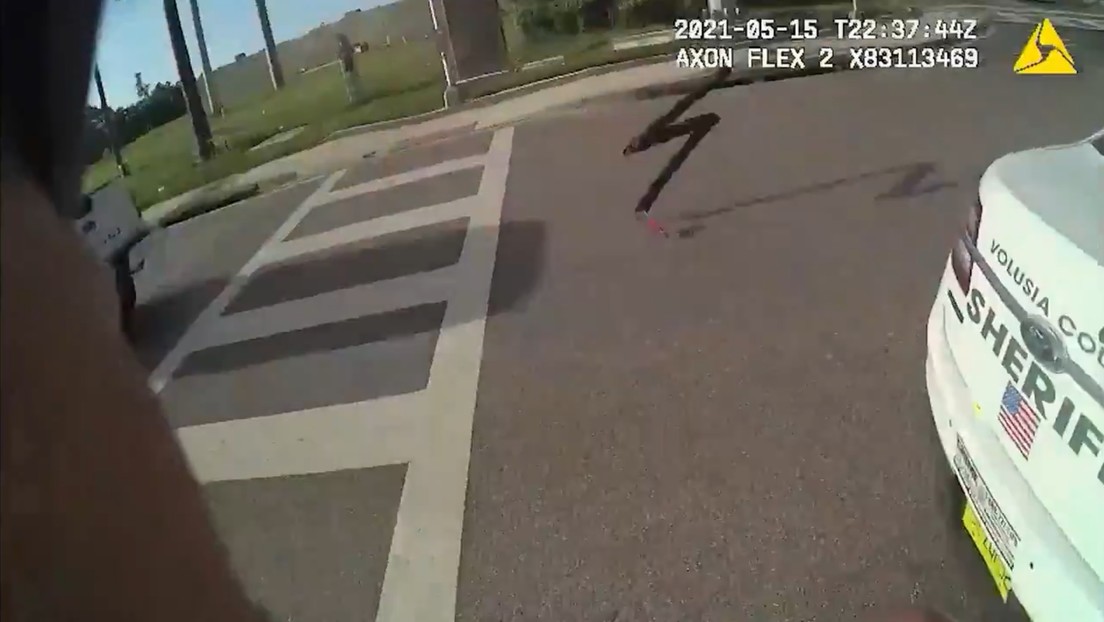The conviction of PVV leader Wilders for group insult on the evening of the municipal elections in 2014 can be upheld. That is advice of the Attorney General of the Supreme Court.
Senior officials of the Ministry of Justice have also not interfered with the prosecution of Wilders, the attorney general finds. “After extensive investigation, the court had found that there was no interference from the minister or his officials in the prosecution decision or in the criminal case,” the advice states.
The court convicted Wilders on appeal in September last year group insult, but cleared him of inciting hatred and discrimination with his ‘less Moroccans’ remark. Like the court, the court did not punish him. Wilders appealed against the decision.
‘Corrupt land’
Wilders called the Netherlands a “corrupt country”, because “Moroccans who set cities and neighborhoods on fire usually get away with it”. He thinks that the court has put freedom of expression as “bulky waste”.
According to the court, his statements went too far and were “unnecessarily offensive” to all Moroccans. The court said that while statements may be provocative, they should not cross certain boundaries, especially when it comes to “respect for the honor and reputation and rights of others”.
‘Justified’
The Supreme Court does not look at the substance of the case, but only at the way in which the Court of Appeal in The Hague has looked at the facts. That went well, the attorney general notes in the advice.
“The court ruled that the right to freedom of expression, in particular that of a politician, does not stand in the way of a conviction,” says the opinion. According to the Attorney General, the violation of freedom of expression that this creates is justified, “because in a democratic society it is necessary to act against discrimination through group abuse on the grounds of ethnic origin”.
The Supreme Court is expected to rule on 6 July and is free to decide whether or not to follow the advice.
The attorney general heads the public prosecutor’s office at the Supreme Court where the advocates general work. The public prosecutor’s office at the Supreme Court is an independent, independent part of the judicial organization. It does not belong to the Public Prosecution Service.
–


